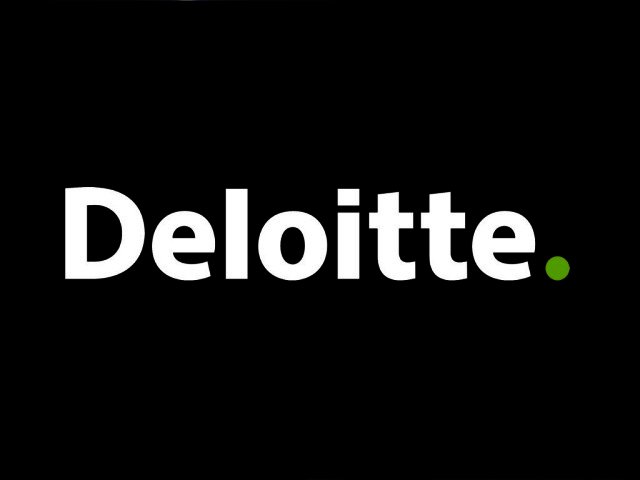The telecommunications industry is changing at an exponential rate as new challenges emerge, customer expectations rise and the competition, new and old, piles on the pressure.
Telcos seeking to respond to these challenges face a slew of bewildering trends and high levels of uncertainty. Against this background, Deloitte has identified four possible future scenarios for the industry, providing telco players with an invaluable guide as they plan their next moves.
Arun Babu, Africa Telecommunications leader at Deloitte says that when clustering the drivers shaping telcos’ future, Deloitte found that two clusters have the greatest impact. These are ownership of the network technology layer - which is owned either by telcos, vendors or other tech players - and dominance of the customer relationship - which is held either by telcos, providers such as over-the-top content providers (OTTS) or device manufacturers and technology companies.
“Based on our scenario methodology, we developed four extreme, yet plausible scenarios,” says Babu. The scenarios are detailed in a report titledTo be or not to be: The future of the telco business model.
In Scenario one, “The engineer strikes back”, telco companies own the network technology domain and infrastructure as well as the customer relationship.
“This is where telcos come from and where they hope to end up,” Babu explains. “They drive network innovation with their technological competence and have the ability to maintain and operate their assets. The telco players furthermore master the customer relationship and can thus focus on the whole value chain. They own the revenue control points, having direct access to their B2B and B2C customers.”
In Scenario two, “The new wholesale truth”, telco companies have finally lost the end-user control points they cherished for so long. To remain relevant, telcos have gone back to taking over full control over the network technology where they still have their core competencies.
According to Scenario three, “The virtual telco”, telcos remain the primary customer relationship holders but are displaced from the network layer as they transfer tech domain sovereignty fully to vendors and other players who move into the network by becoming new infrastructure players.
Scenario four, “A vendor brand”, is the least promising, with telco players having been driven out of both domains, customer relationships and technological mastery. “They focus on their few remaining capabilities, trying to find their sweet spot in the market to maintain their relevance,” says Babu. “Telcos are mere ghosts of their former selves, and serve as the wholesale sales and service teams of their parent tech companies for B2B customers.”
Neville Hounsom, director –TMT Strategy & Operations, Deloitte, urged telco players to take proactive steps to prepare for these potential scenarios as a matter of urgency. He advises that despite all these questions and uncertainty, there are some “no regret” moves telcos can easily execute that will help to favourably position them for changes to come.
These include continuous participation in regulatory discussion by active lobbying, since connectivity will be seen as a low-involvement commodity in future, and developing virtual platforms that are open to external developers and partners as well as implementing new and innovative offerings.
Other steps telcos should consider are adapting the latest artificial intelligence-based technology to automate as many tasks as possible, significantly reducing operating costs in the medium to long term and strengthening their position as appealing employers, while updating the required skillset of their workforce in an ongoing process to attract and retain the best talent in the market.
“We can see trends and changes taking place right now which could take us into any one of these futures. Our question to telecom industry decision makers is, how will you set your priorities and which bets do you already have to make today?” Hounsom concludes.





